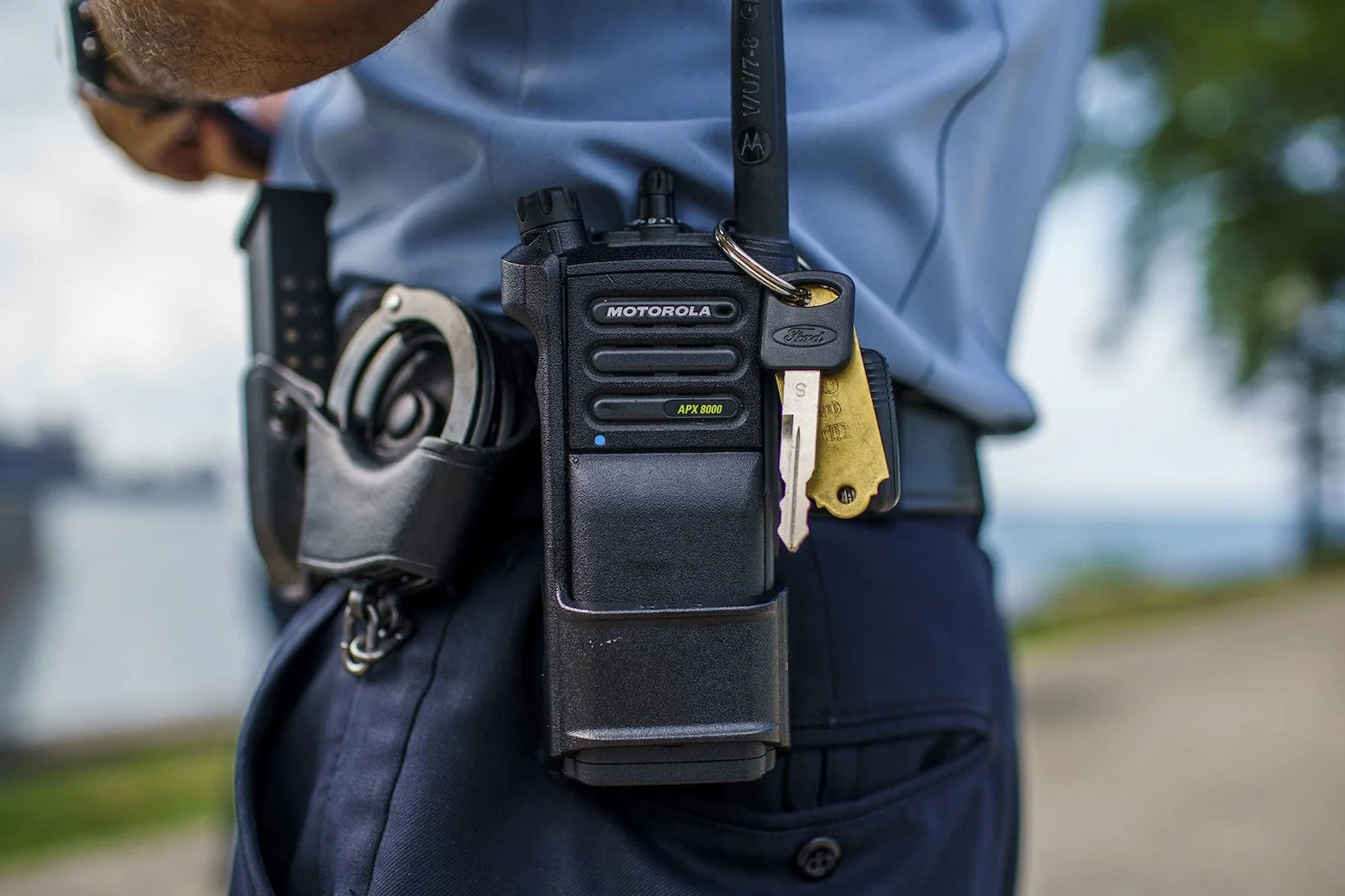- cross-posted to:
- [email protected]
- cross-posted to:
- [email protected]
Press advocates say that the surge in encryption is a reaction to the demand for police accountability after 2020.
Archived version: https://archive.ph/uOMPf
Just give journalists a back door. If they aren’t doing anything wrong, they have nothing to hide. Just think of the children.
Backdoors to encryption don’t exist. A backdoor is basically just breaking the encryption. If a journalist can use it, anyone else can too.
That’s the joke
I’m fine with that too.
You are taking “back door” too literally. If you give a journalist one of the communication devices, they have a “back door” into your encrypted communication, yet the encryption isn’t broken.
Do you think they should have access in real time, or a delay/after the event? I’m torn between accountability of the officers (which ought to be an internal thing if it was done right) and making it difficult for anyone to monitor moves at that moment. I.e., full transparency after the fact, but not so much while they’re trying to get a criminal.
I was (tongue in cheek) saying is if law enforcement thinks it’s a good idea for the good guys to have back doors to encryption, they should be the first to show how well that works.
As a response to your point: I’d have to think about it. You brought up some interesting concerns.
Real time, but have a court sanction a temporary information buffer for when theres a sting op or something that needs the hush hush. Thats my napkin math, anyway.
I thought if you weren’t doing anything wrong then you had nothing to hide…
That’s still true tho.
No, it’s not. Anytime I meet someone who says “I’ve done nothing wrong, so I have nothing to hide,” I respond with “Okay, drop your pants then.”
Everybody wants and deserves privacy. There is nothing wrong with having sex, but most of us hide when we do it.
His username and position on this matter line up well.
Then why do the people who say that feel the need to hide their communications?
Because they have something to hide lol
Show us your entire search history then
Nah, I got shit to hide.
well that sounds like you’re doing something wrong then? something illegal, even? we better take a closer look, this sounds very suspicious
Frankly, I’m surprised that encryption isn’t much more common, if not completely standard, by now. Note: this is most definitely NOT an endorsement of the idea.
Officer, didn’t you try to tell me that if I’m following the rules then I have nothing to hide?
Back in the 90’s when I was involved with the USCG in the Boston area they had an encrypted radio system that could be used when talking about sensitive subjects that you didn’t want every boat in a 10 mile radius to listen in on. The problem with that system was the range was very limited & the audio quality wasn’t the greatest.
Over time as cellphone coverage along the coast improved we switched to just using them to call into the comm center at the station when we wanted privacy. I’m a bit surprised the cops don’t just do that as well, although I guess if they need to communicate with a bunch of cops all at once then phones wouldn’t work very well.
This was something Nextel’s PTT was great for. Could setup various PTT groups and communicate broadly with everyone in the group regardless of location in the country even. And since it used very small slivers of 800MHz spectrum, the signal travelled damned far. Could even work directly between devices without the network of necessary.
One of the major reasons many emergency response teams had Nextel devices in their initial response kite.
Man I remember me and my friends using PTT like crazy. It was fun and kept us close knit. I could really see it being useful in a business setting.
That was really late.
In Sweden, police radio has been encrypted since they switched to the current system called Rakel in 2010.
The police are also not the only users of Rakel. Some users include the military, emergency services, various government orgs, and a bunch others.The system is run by MSB (Swedish Civil Contingencies Agency).
Similar in the UK. Ours is called Airwave and came in in the early 2000s.
https://www.airwavesolutions.co.uk/the-service/emergency-services-network/
A “local news” Facebook page is all up in arms about this. The page sometimes provides useful information about road blockages and the like. I’m pretty sure he just listens to the scanner all day and posts what he hears. Our local emergency services (police, fire, etc.) are replacing their radios with encrypted ones soon.
But I’ve wondered if they were simply replacing old radios, and encrypted radios are now what is available - i.e., buying unencrypted radios now might be like trying to buy an old cell phone that doesn’t do digital communication. Of course, there are solutions to the issue that emergency departments could take in the name of transparency, like streaming the communications online.
There are still plenty of analog radios on the market.
It the later was the case then they would make the encryption keys public and they could continue to use new technology all they want.
Big surprise there.
Things are not going in a positive direction for us.
Yeah. Because it’s not OpSec, or a modicum of comms security.
No no, it’s gotta be a conspiracy. SACAB after all.
You yanks are worrisome.











